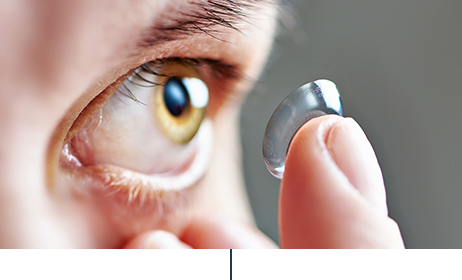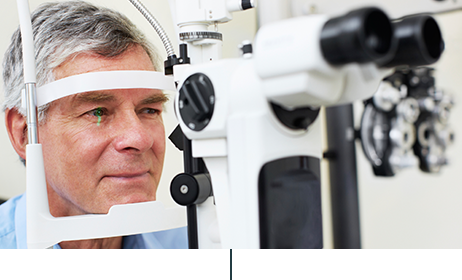VISION FOR LIFE
At InfinityVision Dallas, we bring the highest standards of ophthalmology services and decades of experience to our patients. Focusing on a full spectrum of comprehensive eye care, our dedicated physicians can help you with all of your vision and eye health needs. Conveniently located in Dallas, Texas, we provide the latest ophthalmic technology in comfortable, friendly settings. Contact us to schedule an appointment with an ophthalmologist or optometrist today.

















